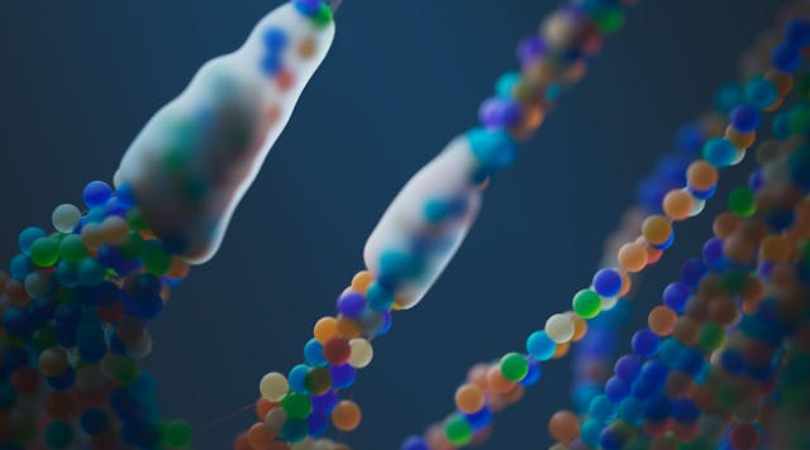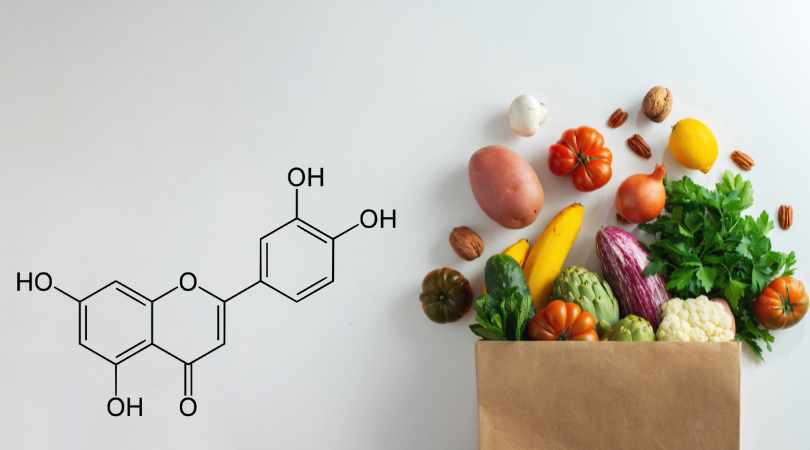Scientists have successfully restored the lost uricase enzyme, a key breakthrough in combating fructose-induced fat formation. This discovery offers new hope for preventing obesity and metabolic disorders by targeting how the body processes sugar and stores fat.
Limited Quantities Available! Order Today and Enjoy Free Shipping on Orders Over $100!
Tart Cherry Extract
A natural compound shown to lower uric acid and inflammation—used in SugarShield to reduce fructose's metabolic byproducts.
Nature’s Recovery Tool for Fructose Overload
Tart cherry extract is more than an antioxidant—it helps your body clear what fructose leaves behind.
Fructose metabolism generates uric acid, inflammation, and oxidative stress—especially in the liver and joints. Tart cherry extract has been studied for its ability to support healthy uric acid levels, improve sleep quality, and reduce inflammation after physical or metabolic stress.
That’s why it’s a key ingredient in SugarShield. Combined with luteolin, it helps blunt the negative effects of fructose metabolism and supports your body’s return to balance—whether the fructose came from dessert or dehydration.
What is Tart Cherry Extract?
Tart cherry extract is derived from Montmorency cherries and is rich in anthocyanins—natural antioxidants with powerful anti-inflammatory properties.
Uric Acid and Fructose
Tart cherry extract is one of the few natural compounds shown in human studies to lower serum uric acid, which is a major byproduct of fructose metabolism. Elevated uric acid is linked to inflammation, insulin resistance, and mitochondrial stress.
Additional Benefits
- Reduces exercise-induced inflammation
- May improve sleep quality via melatonin content
- Supports joint health and recovery
These effects make tart cherry a valuable adjunct to metabolic and recovery protocols.
Why LIV3 Includes It
At LIV3, we pair tart cherry with luteolin in SugarShield to target both the cause (fructokinase) and the consequence (uric acid) of fructose metabolism. This combination offers a comprehensive approach to controlling metabolic stress and improving resilience."






